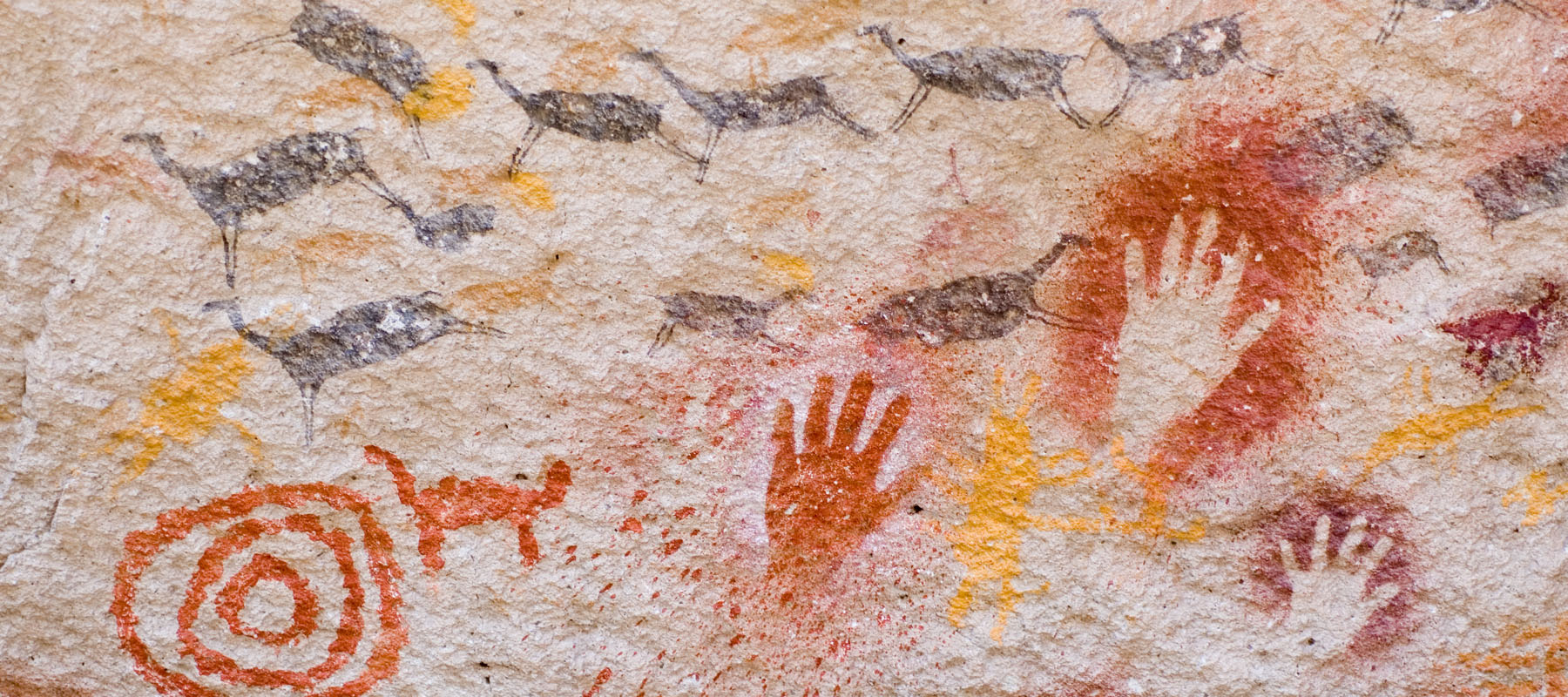Anthropology (Transfer)
CurriculumColorado Guaranteed Transfer
Classroom & Online Options Available
- AA Associate of Arts Degree | 60-61 Credits
Studying social and behavioral science develops your ability to think scientifically about human behavior and implements that knowledge in your personal and occupational pursuits.






